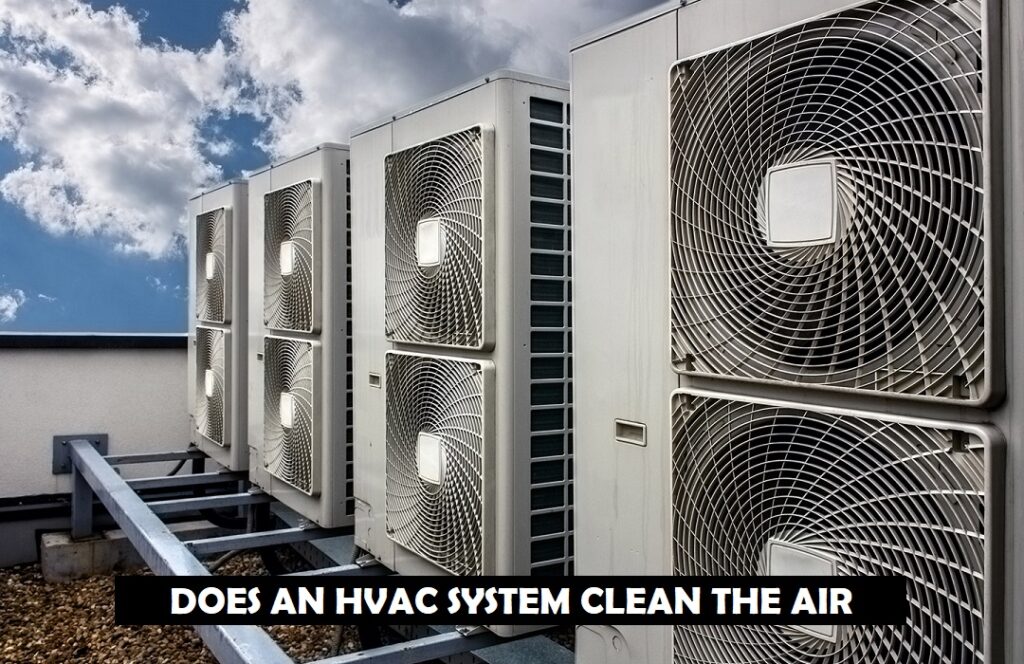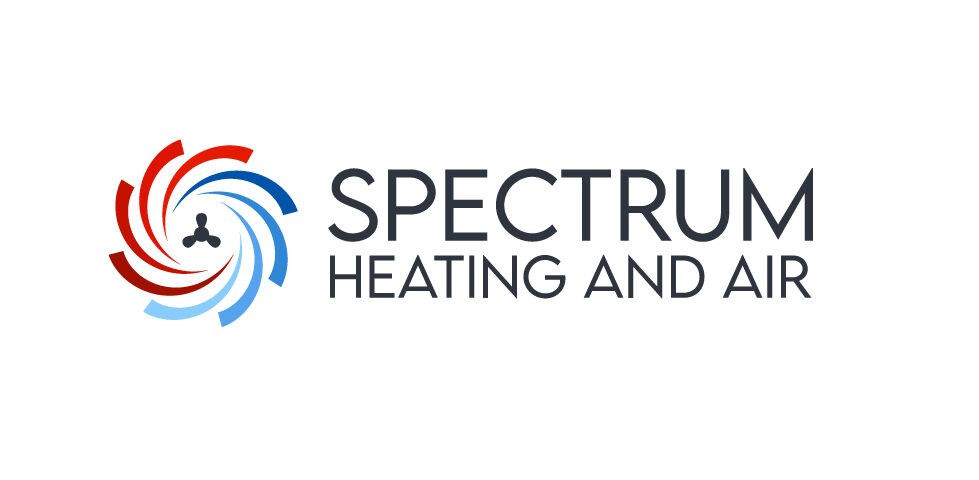In the modern era, where the quality of indoor air is a growing concern, the HVAC system emerges as a central player in the quest for healthier indoor environments. Beyond its primary function of regulating temperature, can an HVAC system do more by actively cleaning the air we breathe? In this comprehensive article, we will delve deep into the question of whether an HVAC system can genuinely contribute to enhancing indoor air quality, exploring its intricate workings and the pivotal role it plays in creating a cleaner, more breathable atmosphere within homes and commercial spaces.

Deciphering the HVAC System
Before we delve into the intricacies of whether an HVAC system can truly cleanse the air, let’s take a step back and understand what this complex system entails. An HVAC system is a marvel of engineering, designed to provide thermal comfort and maintain an optimal indoor environment. It comprises several components working harmoniously to ensure that the air you breathe is not only comfortable but also safe and clean.
An Overview of HVAC Components
- Air Filters: Among the most crucial components of an HVAC system are its air filters. These filters are akin to the system’s guardians, tasked with trapping various airborne particles, preventing them from circulating throughout your living or working space.
- Ductwork: Ducts form the circulatory system of your HVAC setup. They serve as conduits for the conditioned air, ensuring it is distributed evenly throughout the building. Ducts also play a vital role in facilitating air circulation, a key factor in maintaining consistent indoor temperatures.
- Fans: Fans are the powerhouses of the HVAC system. They tirelessly move air through the system, a critical function in the cooling or heating process, ensuring a steady and comfortable airflow.
- Refrigerants: In the realm of air conditioning, refrigerants are the unsung heroes. They are responsible for cooling the air, while in heating systems, they work diligently to facilitate the warming process.
The Crucial Role of Air Filtration
Now, let’s dive into the heart of the matter: how HVAC systems impact indoor air quality through air filtration.
1. Filtering Out Particles
Central to the quest for cleaner indoor air is the use of high-efficiency particulate air (HEPA) filters in HVAC systems. These filters are renowned for their remarkable effectiveness in trapping tiny particles, including but not limited to dust, pollen, pet dander, and even certain bacteria and viruses. By capturing these contaminants, HVAC systems act as silent sentinels, tirelessly working to enhance the quality of the air you breathe.
2. Aiding Allergy Sufferers
For individuals afflicted with allergies, HVAC systems equipped with HEPA filters can be nothing short of a godsend. These filters significantly reduce the presence of allergens in the air, providing much-needed relief to those who would otherwise suffer from sneezing fits, watery eyes, and other allergy-related discomforts.
3. Taming Airborne Pathogens
In recent times, the ability of HVAC systems to filter out airborne pathogens has taken on renewed significance. While HVAC filters may not single-handedly eliminate all viruses, they do play a vital role in reducing the risk of transmission within enclosed spaces. This is particularly pertinent in environments where ensuring the health and safety of occupants is paramount.
The Boundaries of HVAC Systems
While it’s clear that HVAC systems play a pivotal role in improving indoor air quality, it’s essential to recognize their limitations.
1. Filter Varieties
Not all HVAC systems are created equal. Some may use standard filters that, while effective to some extent, may not possess the superior particle-trapping capabilities of HEPA filters. Consequently, the level of air purification achieved may vary from one system to another.
2. Maintenance Matters
For HVAC systems to operate optimally, regular maintenance is non-negotiable. Filters must be inspected and either cleaned or replaced as needed. Additionally, ducts must be periodically scrutinized for any leaks or contamination, as these issues can compromise both the efficiency and air quality of the system.
3. Ventilation: A Complementary Player
While HVAC systems can indeed filter and condition the air, they should not be viewed as standalone solutions. Adequate ventilation remains paramount. Effective ventilation ensures the exchange of indoor and outdoor air, diluting the concentration of indoor pollutants and contributing significantly to overall indoor air quality.
In the grand scheme of things, HVAC systems undeniably contribute to improved indoor air quality by filtering out particles, allergens, and some airborne pathogens. Nevertheless, their effectiveness is contingent on factors such as the type of filters employed and the diligence with which maintenance is carried out. While HVAC systems are indisputably integral to the pursuit of cleaner indoor air, they should ideally work in concert with proper ventilation practices to achieve the highest levels of indoor air quality.




